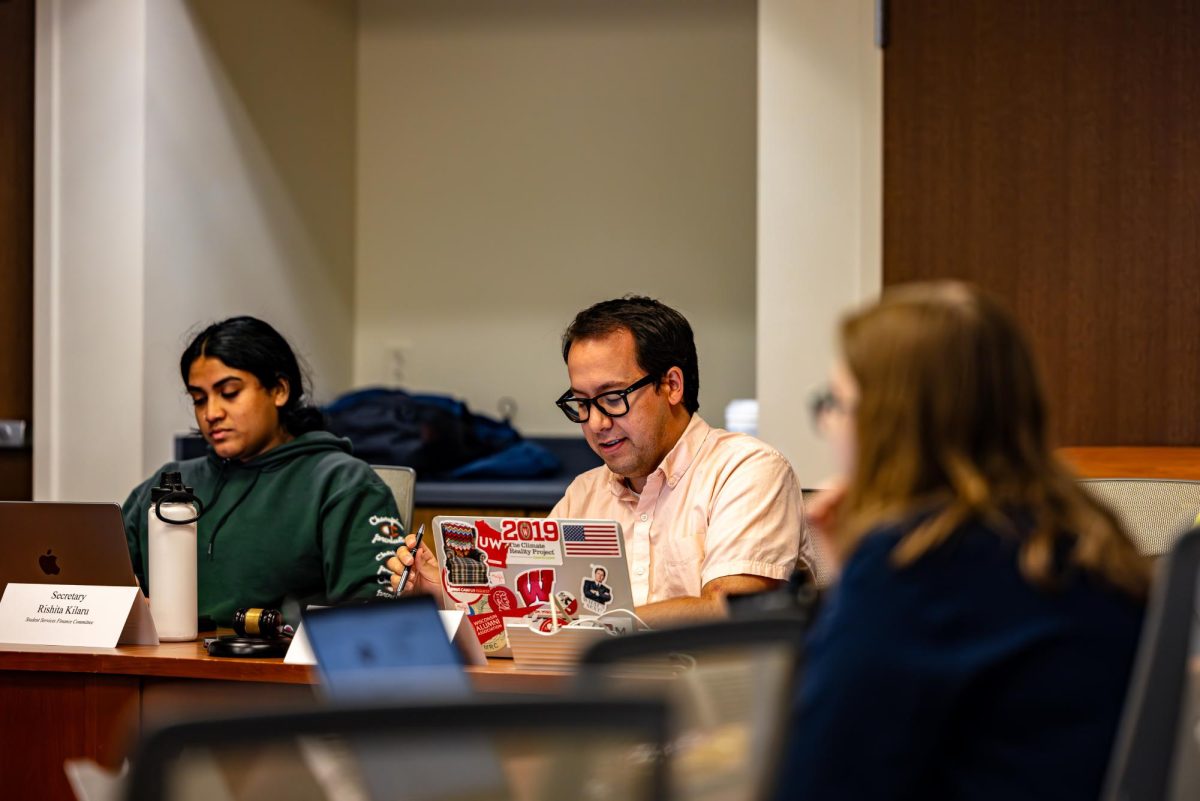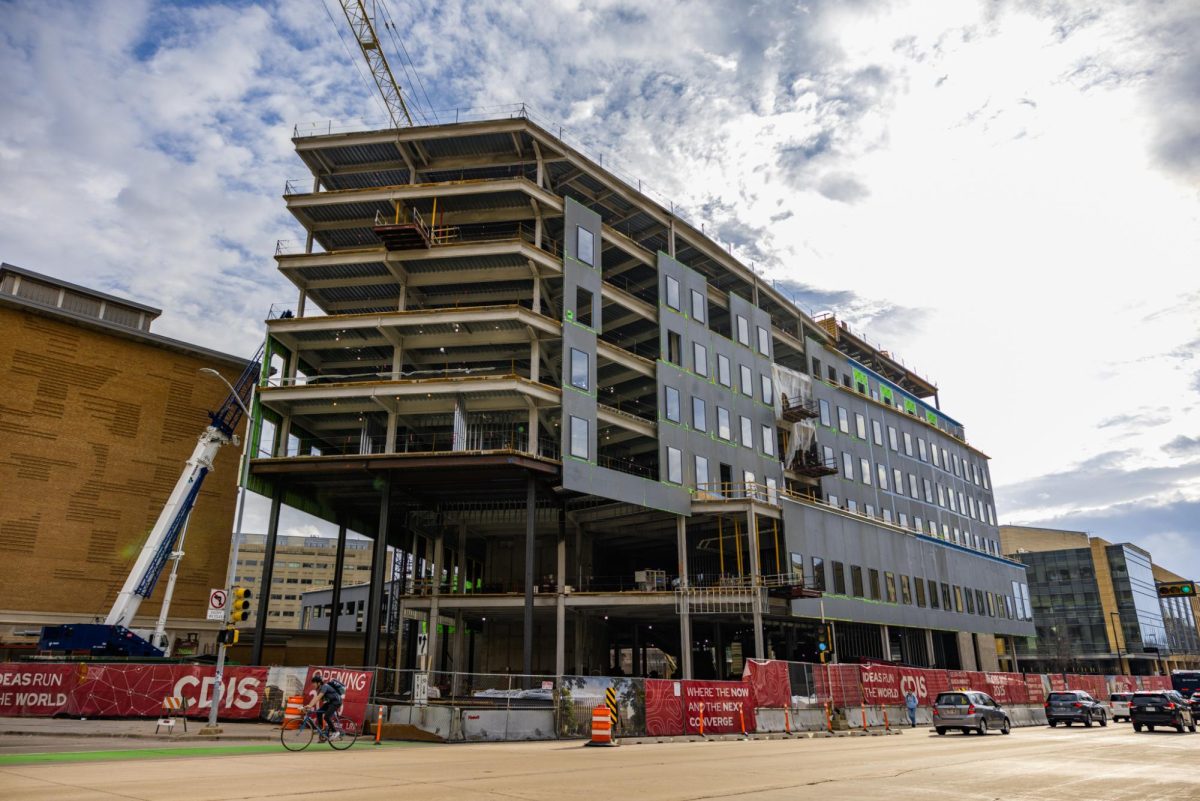A report by Brookings Institution listed Madison as an area of high growth in the technology industry and said the city has the potential to become a highly innovative region with the help of federal funding.
The Brookings Institution report said Madison has seen a large number of new technology-related jobs and companies being created in the area. The report advocates for funding from the federal government for eight to 10 high technology growth cities in order to boost development and make the cities self-sustaining innovation hubs.
At the end of January, several staff members from the University of Wisconsin joined representatives from companies and universities across the country at a conference to discuss the potential of high technology growth cities and what can be done to help continue the positive trend of development in their area.
Director of Discovery to Product Andy Richards attended the Boosting Growth for America Conference.
“Right now it’s just a report, and if it’s to go anywhere we need to have the federal government put rules in place and put funding in place in order to move it forward,” Richards said.
Richards said a big reason Madison made the list was because of UW. When identifying high growth sectors, the Brookings Institution looked for areas with lots of university research and development, and a high number of people with bachelor’s and doctoral degrees.
Additionally, growing companies in the area rely on the university for new talented employees and new innovation from research, Richards said.
“When you put these things together, it really does create a nice picture for why Madison is at the top of this list and the university is a big part of this ecosystem,” Richards said.
UW graduate and current Epic employee, Paul Urbanski, said the university’s connection to local technology companies helps students find jobs right out of college. The process can often be difficult, Urbanski said, so having young companies in the area looking for new employees helps to transition students away from college and into future careers.
Urbanski said many of the growing technology companies in the area look for young workers because they are more impressionable.
“Younger people are more adaptable [and] versatile … they may not have as much experience as older people but they’ll be able to adapt better to the changing needs of a technological role,” Urbanski said.
Additionally, Urbanski said many students choose to work in these companies after graduation since Madison is still a growing area and rent is more affordable compared to technology hubs like Silicon Valley.
Urbanski said Madison is a good community to live in and that also makes students want to stay here after graduation.
“Places like California and Silicon Valley are really expensive because everyone already knows about them,” Urbanski said. “Madison is a young city where … even people who didn’t graduate from the university are attracted to.”
In order for Madison to become a technology innovation center for the country, Richards said it needs support from the federal government. Funding is needed to foster more research and to create a stronger infrastructure for building and roadway development to support a larger population, Richards said.
Once Madison gets initial support from the government, the city will eventually be able to support itself as the technology industry grows, Richards said. Major innovation cities like Seattle and Boston all had help in the beginning, Richards said, but now are able to support their growth on their own.
“If you think about a rocket, if you want to get it to space where it doesn’t take much fuel to speed up or keep it moving … it takes a considerable amount of fuel to get it to leave the atmosphere,” Richards said. “I think what the report is pointing out is that Madison and some of these areas just don’t have enough fuel at this point.”
Richards said the type of funding that Madison and other cities from the report are asking for can be considered a little controversial because they are asking that a large amount of funding only go to eight to 10 cities, rather than equally dividing the money across all the states.
But Richards said if that funding is distributed equally, none of the cities will get the amount they need to develop the city into a technology hub. Giving funding to a few cities that have the most potential to begin with will have the most impact, Richards said.
“If you spread [fuel] out to 100 rockets, you may not get any of them out into the atmosphere,” Richards said. “You may get them a little higher, but you’re not going to get them all the way … but by focusing on eight to 10 rockets, you might have a good chance of getting them out there.”

























